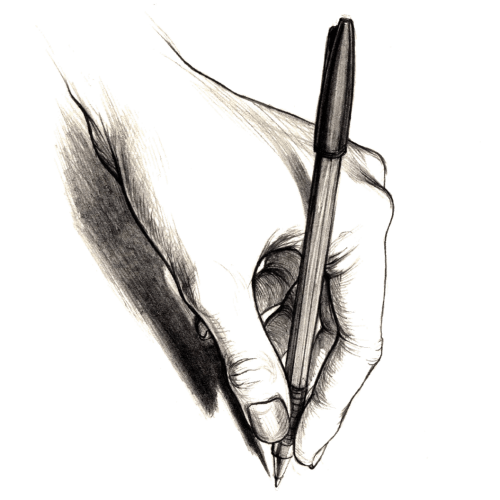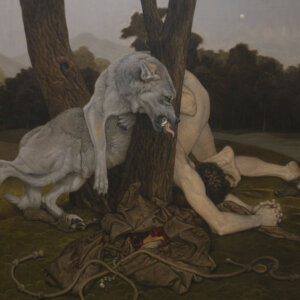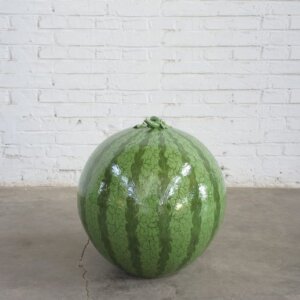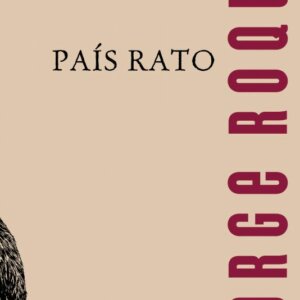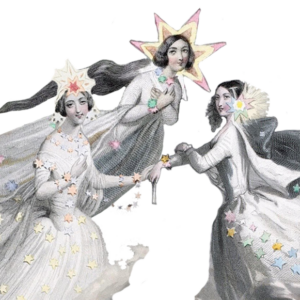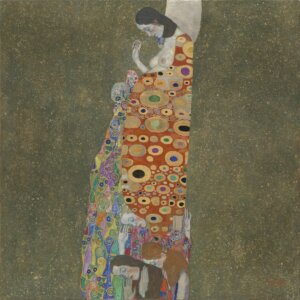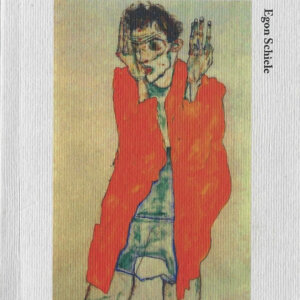Começando com a questão de qual lhe custa mais, livros ou cigarros, os divertidos e intransigentes ensaios de George Orwell exploram vários assuntos, desde os perigos das livrarias de segunda mão à questionável profissão de crítico, da liberdade de imprensa ao que o patriotismo realmente significa.
- “Books v. Cigarettes” (1946)
- “Bookshop Memories” (1936)
- “My Country Right or Left” (1940)
- “The Prevention of Literature” (1946)
- “How the Poor Die” (1946)
- “Such, Such Were the Joys” (1952)
Argument
Orwell questions the idea that buying or reading a book is an expensive hobby. Working out that he had 442 books in his flat and an equivalent number elsewhere, he allocates a range of prices, depending on whether the books were bought new, given, provided for review purposes, borrowed or loaned. Averaging the cost over his lifetime, and adding other incidental reading costs, he estimates his annual expenditure at £25.
“And if our book consumption remains as low as it has been, at least let us admit that it is because reading is a less exciting pastime than going to the dogs, the pictures or the pub, and not because books, whether bought or borrowed, are too expensive.”
In contrast, Orwell works out that before the war he was spending £20 a year on beer and tobacco and that he currently spends £40 per year on tobacco. He works out the national average spent on beer and tobacco to be £40 a year. Noting that it is difficult to establish a relationship between the price of different types of books and the value derived from them, Orwell works out that if books are read simply recreationally, the cost per hour is less than the cost of a cinema seat. Therefore, reading is one of the cheapest recreations.
